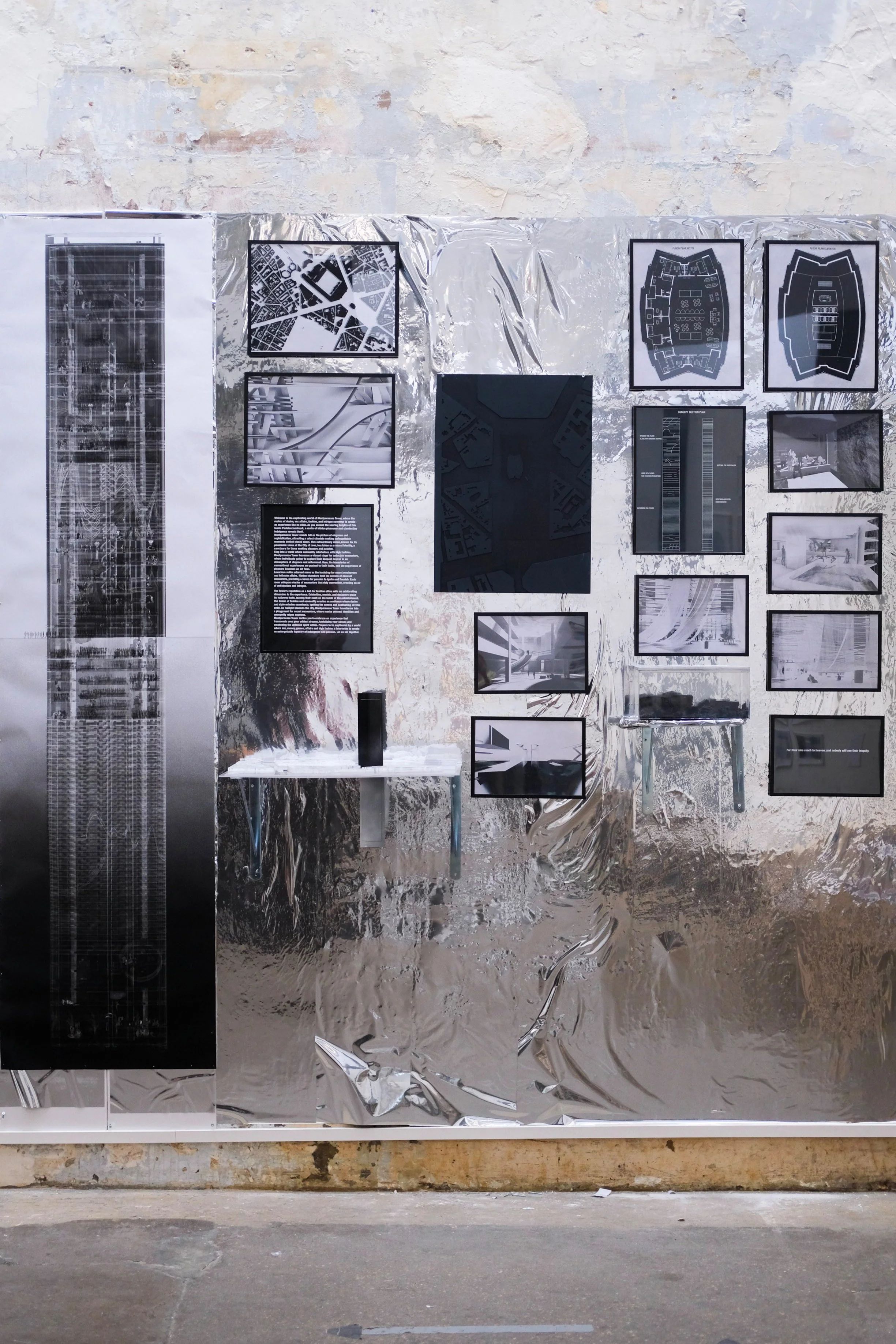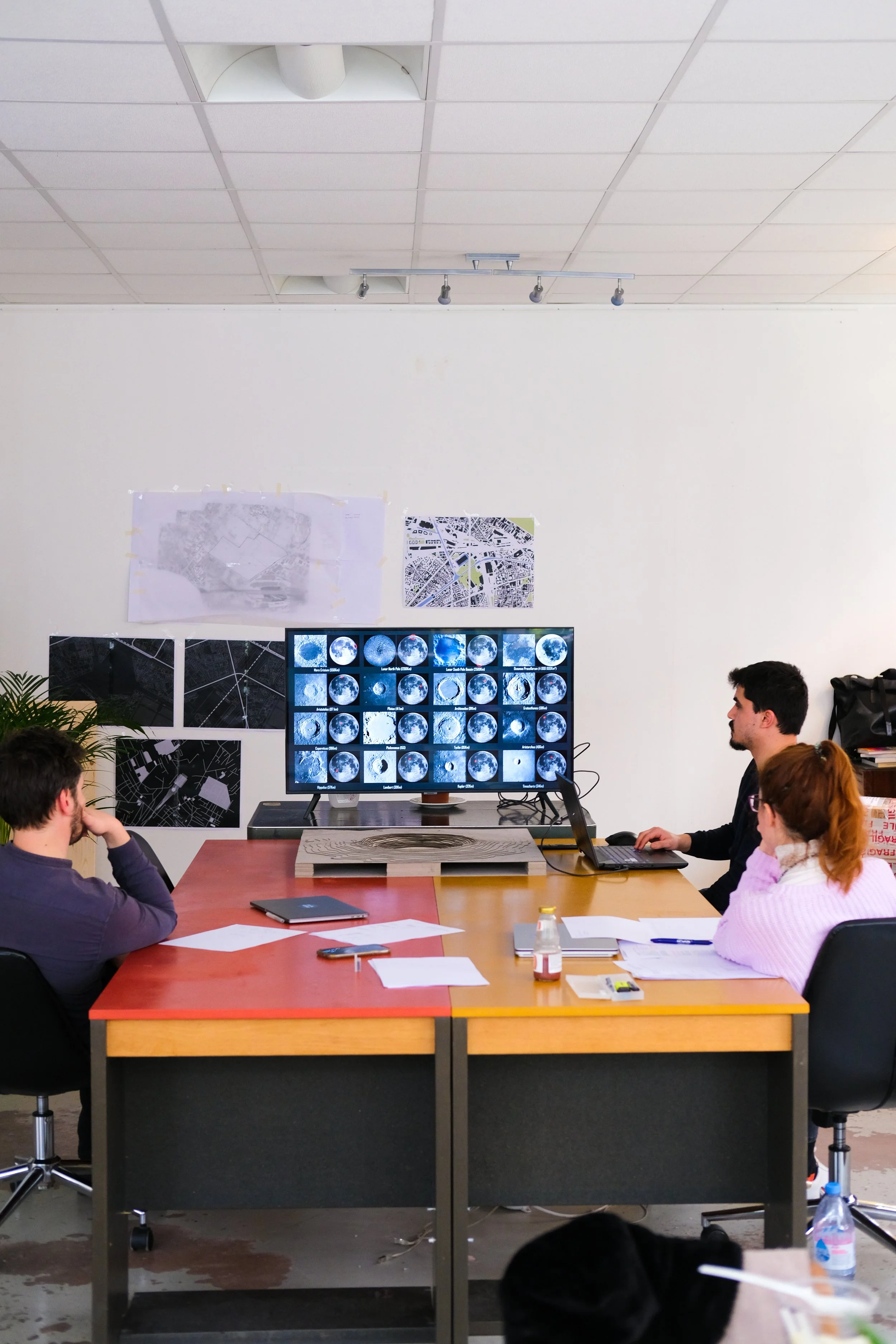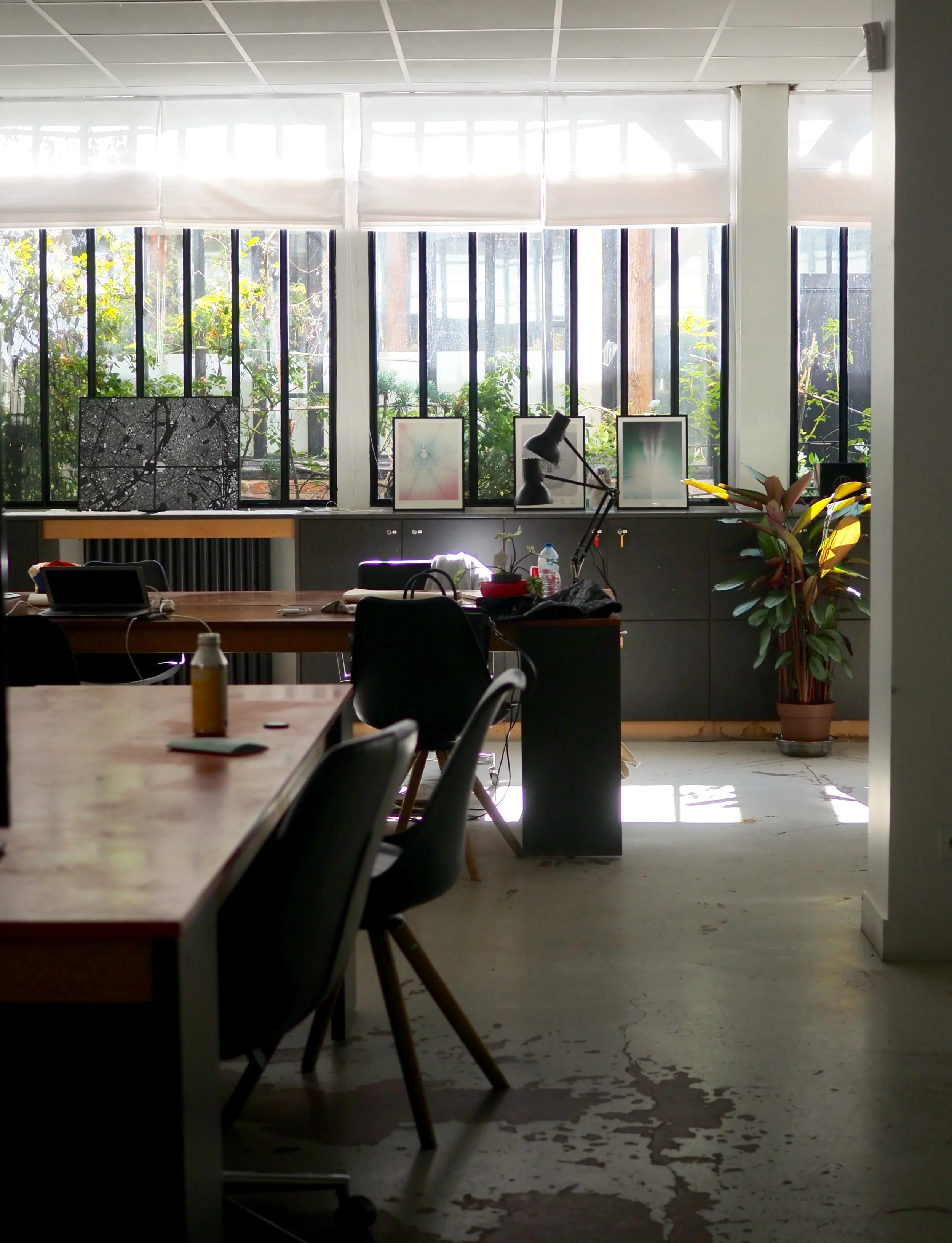Study at PSA
The Paris School of Architecture equips its graduates with the artistic, philosophical, intellectual and technical skills required by industry to produce exceptional future professionals.
PROGRAMME
The Paris School post-graduate course is composed of an in-depth, two-year period of study in central Paris, culminating in a year-long research project in the second year, and public end of year show exhibition and the award of the PSA Diploma.
FACILITIES & RESOURCES
The Paris School offers two forms of facilities to its students, Internal Facilities within the Paris School’s building, and External Facilities, providing access to industry-standard equipment through out network of associated practices.
PEDAGOGY
The pedagogy of the Paris School of Architecture is rooted in testing the complex and divergent issues in which architecture exists through a single, comprehensive, year-long studio project. Developing a post-graduate architectural project from September until June allows for greater time of research, narrative, representational expression, philosophical engagement, and craft output than found in semester-long briefs. Such projects are intellectually demanding, and critically rigourous, with graduates leaving with portfolios with projects of great depth and complexity.
The two year post-graduate course at the Paris School is composed of five subjects;
-
The History and Theory subject involves the study of the historic architecture and philosophical movements of Paris from Antiquity to the present day, and forward to projected future projects for the city. This is delivered through site visits, lecture series, talks, and seminars in the first two terms of the first year.
The Critical Writing subject follows on from the students History and Theory courses, and affords the opportunity for a single topic research paper of between 15,000 and 20,000 words to be developed and presented. The resulting essay may be related to other subjects studied, or may provide an opportunity for significant divergence from the student’s other work that year. The final paper is presented in the first week of the second year as a paper submission, followed by a presented defence of the topic and paper by the student.
-
Communication involves the study and development of methods of visually expressing architectural concepts, the agency of drawing and making as forms of representation, and how the language of architectural representation sits within the wider discourse of visual communication and its related fields. This course is delivered as an integrated part of the Studio Research subject, but is assessed separately.
-
The Studio Research subject involves the production of an architectural project over the period of one academic year. This project is to be based within the greater Paris region, Île-de-France. This subject is delivered through weekly tutorials and termly project reviews. The studio project is developed through a period of several months rigorous research into an area of interest to the student. With support from studio tutors this research is then formulated into a brief identifying and elaborating on a scenario written by the student and presented at the beginning of the Spring Term. In terms two and three, an architectural response to this brief is formulated. As the length of time of the Studio Research project is much longer than many students will have experienced in their undergraduate studies, and it is expected that a greater depth and complexity in their work, and ultimately more sophisticated portfolios will result. The Studio Research project results an architectural output unique to each student, and frames their learning each academic year.
-
Master Classes augment the Studio Research, and are composed of projects or lectures on a highly specialised subject, and delivered by an expert in the field from industry. Master Classes are an opportunity both to gain specific skills and knowledge or simply broaden the scope of study that term.
-
Professional Practice commences in the second term of the first year, and introduces students to a range of issues they will face in their future careers in architecture; from the protected title and activity of the architect, establishing a practice, fees and forms of appointment, clients, urbanism authorisations and the planning process, detailed and technical design, pricing and the tender process, and on-site work. This is delivered through a simulated "first project" after graduation, providing the necessary skills for graduates to undertake professional commissions, or to progress towards professional registration. This course covers the process using the systems and regulations in both the UK and France.
END OF YEAR SHOW
Each academic year culminates in the End of Year Show, a public gallery exhibition of each student’s work held in central Paris. This offers our students the opportunity to showcase their work to family, friends, and potential employers and investors. Assessments of the year-long studio project are made following a final presentation on the day before the opening night of the end of year show. Additional assessments on each Master Class are made on a subject by subject basis, depending on the subject in question. All Master Classes must be passed in order to exhibit at the show.
GRADING SYSTEM
One unique element of the pedagogical philosophy of the School is that we do not implement a grading system, meaning that projects are judged as either a Pass or a Fail. This encourages maximum freedom of expression, and allows students to take risks and innovate without fear. In order to maintain high academic standards, a Pass mark is awarded only to high quality and rigorously researched submissions. Exceptional projects in any subject area may be awarded a Distinction, at the discretion of the head of that subject.
LEARN FRENCH
Students who wish to undertake French language courses during their studies will be able to do so. These are offered to assist the student with their day to day activities while they are living in Paris. These will be available at both beginner and intermediate level and will not be subject to assessment.
APPLY
Applications for the 2024/25 academic year are currently open. Start your application today.






